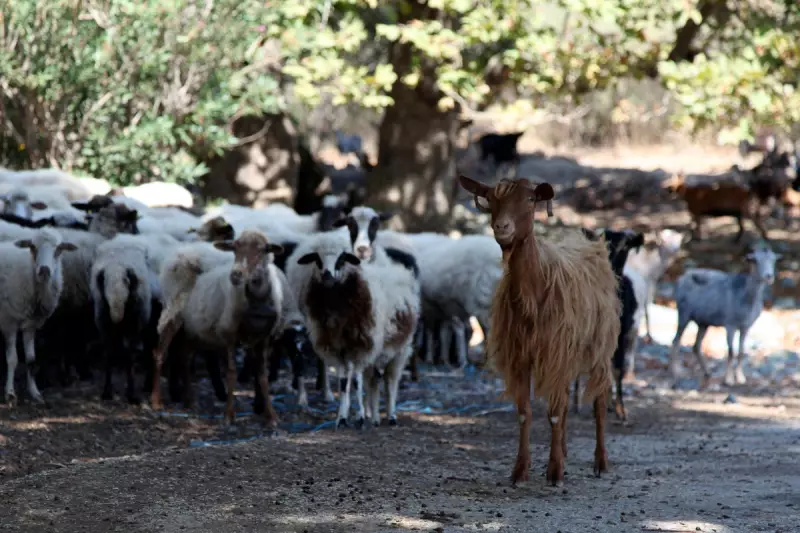
Greek veterinary authorities have triggered an emergency national response following the confirmation of a dangerous sheeppox outbreak. The highly contagious viral disease, which poses a significant threat to livestock, was identified on the eastern island of Lesvos, prompting immediate action from the Ministry of Rural Development and Food.
The government has enacted a sweeping, temporary prohibition on the movement of all sheep and goats across the entire country. This drastic measure is designed to contain the virulent virus and prevent its spread to the mainland and other islands, thereby protecting the nation's vital agricultural sector.
Emergency Measures and Impact on Farmers
The movement ban is a critical part of the country's disease control protocol. The restrictions will remain in force until the situation is brought under control and the risk of further transmission is mitigated. Farmers on Lesvos are facing stringent biosecurity measures, including the isolation of infected animals.
Sheeppox is a severe disease that can cause high fever, skin lesions, and significant mortality in flocks, leading to substantial economic losses for farmers. The virus does not affect humans.
Ongoing Surveillance and EU Notification
Greek officials have heightened surveillance efforts and are conducting extensive testing in surrounding areas to determine the full scope of the outbreak. The case has been officially reported to the European Commission, in line with EU regulations concerning contagious animal diseases.
This outbreak serves as a stark reminder of the constant threat posed by livestock diseases and the importance of robust monitoring and rapid response systems to safeguard animal health and the agricultural economy.





